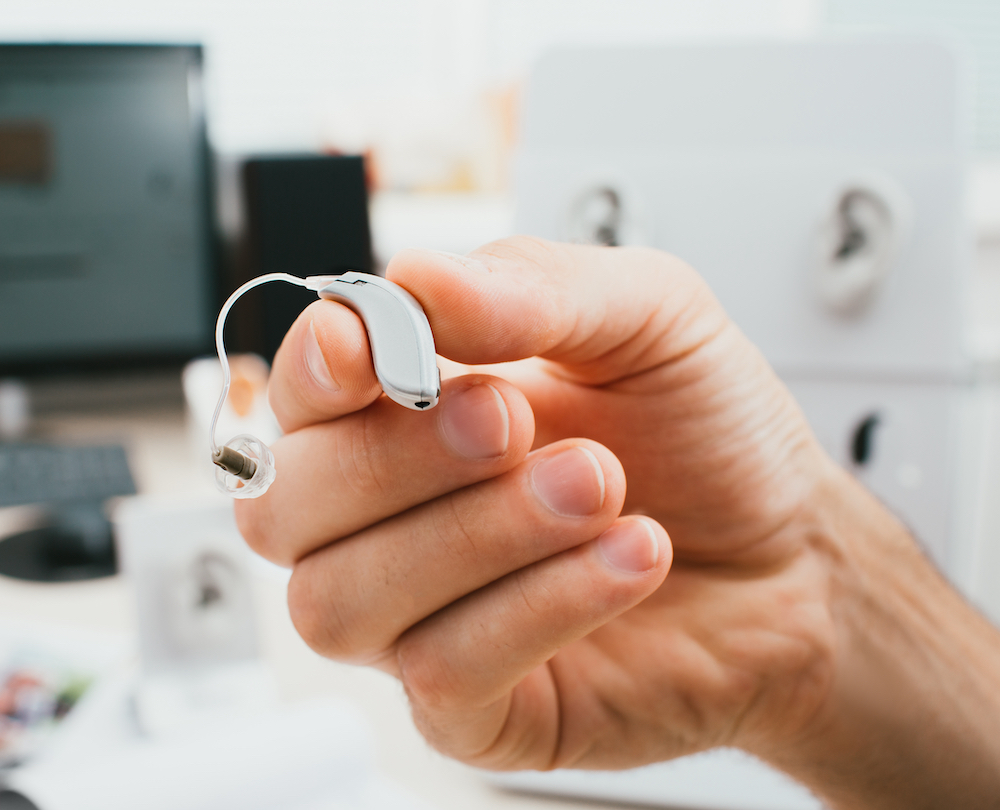The Problem With Over-The-Counter Hearing Aids
Over-the-counter (OTC) hearing aid options are becoming increasingly
Now part of the Beltone Hearing Care Network, visit www.beltonesound.com for a complete listing of all locations in the United States


Over-the-counter (OTC) hearing aid options are becoming increasingly

Many of the changes that occur as we age will be entirely unavoidable. But

Hearing aids are complex devices that assist us with hearing and enhancing